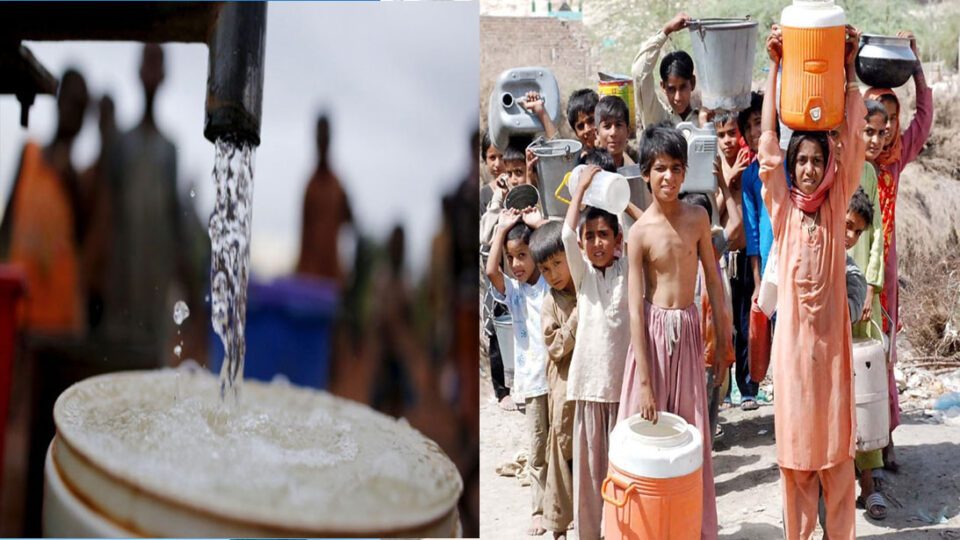Punjab to Install 963 Water Filtration Plants & Expand Clean Water Access
The Punjab government has unveiled an ambitious plan to launch 963 new water filtration plants across the province. The initiative, led by the Punjab Saaf Pani Authority (PSPA), aims to provide clean drinking water to rural and urban communities, including projects powered by solar energy.
✅ Key Highlights
-
963 new filtration plants to be installed in various districts, complemented by two surface water treatment plants.
-
In the Pothohar region, additional schemes will tap small dams as water sources.
-
A high-level review meeting was chaired by Housing Minister Bilal Yasin, with CEO Naveed Ahmed briefing officials on project status ([turn0search8][turn0search1]).
🔧 Implementation Plan & Timeline
| Project Area | Details |
|---|---|
| Filtration Plants | 963 new units across the province |
| Surface Water Treatment | 2 new plants announced |
| Pothohar Region | Projects using small dam sources |
| Operational Timeline | Many installations to be operational by next month ([turn0search8][turn0search1]) |
| Energy Efficiency | Planned shift toward solar-powered plants to reduce running costs |
🌍 Oversight, Maintenance & Scale-Up
-
The Punjab Saaf Pani Authority—established under the 2024 Act—is now responsible for all filtration plants across Punjab, replacing the earlier fragmented system ([turn0search3][turn0search7]).
-
PSPA has begun restoring over 5,000 inactive filtration plants, aiming for full functionality before the next summer season ([turn0search1][turn0search7]).
🌱 Sustainability & Transparency
-
PSPA CEO Syed Zahid Aziz confirmed that all clean-water projects will follow merit-based selection and transparency standards.
-
Many plants will be equipped with clean energy systems such as rooftop or ground-mounted solar panels, reducing reliance on grid power.
📌 Why This Matters
-
Punjab is pioneering clean-water access with a sweeping initiative that includes over 5,000 functional filtration plants, with restoration underway for all non-operational units ([turn0search7][turn0search1]).
-
The province has received carbon credits totaling Rs400 million annually for reducing emissions—thanks to reduced boiling and fossil fuel use—via its clean water infrastructure ([turn0search0][turn0search9]).
-
Previous reports revealed that 905 plants installed in Lahore suffered major breakdowns, with many inactive or biofilm-covered. This new program seeks to correct those issues through centralized oversight and maintenance ([turn0search6]).
✅ Final Takeaway
Punjab’s latest effort is a landmark move toward ensuring safe, reliable water access for millions. Through the Punjab Saaf Pani Authority and a solar-powered, merit-based model, the government is working to eliminate access gaps and generate sustainability. Once installed, these facilities will not only improve public health but also contribute to climate-friendly practices in line with global standards.

